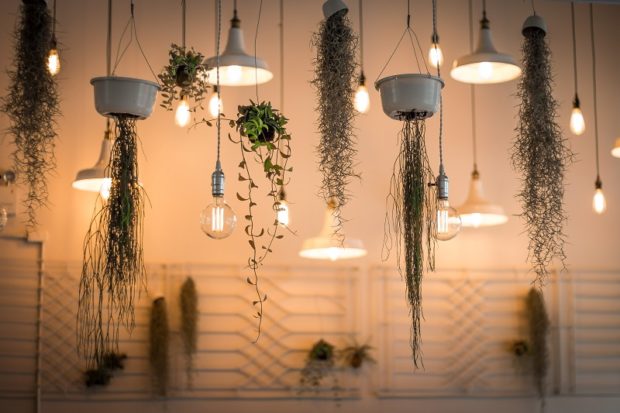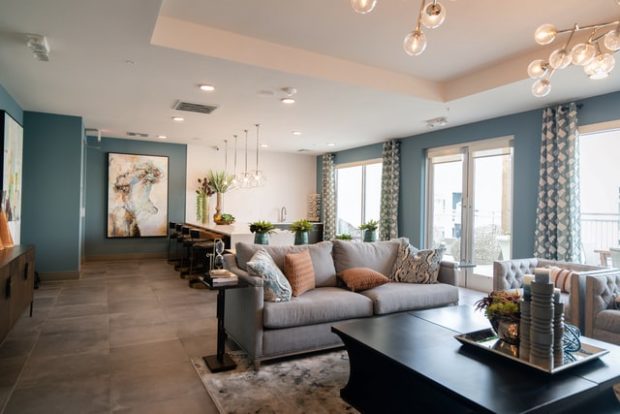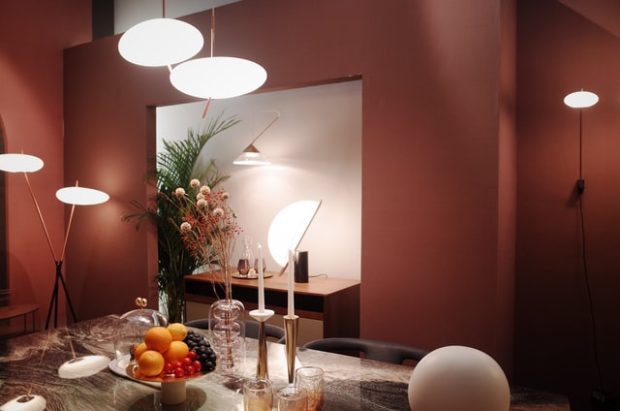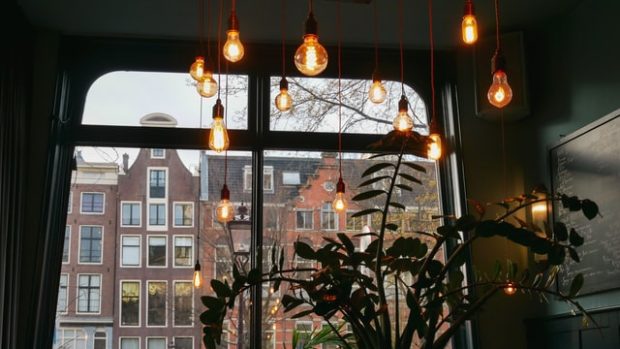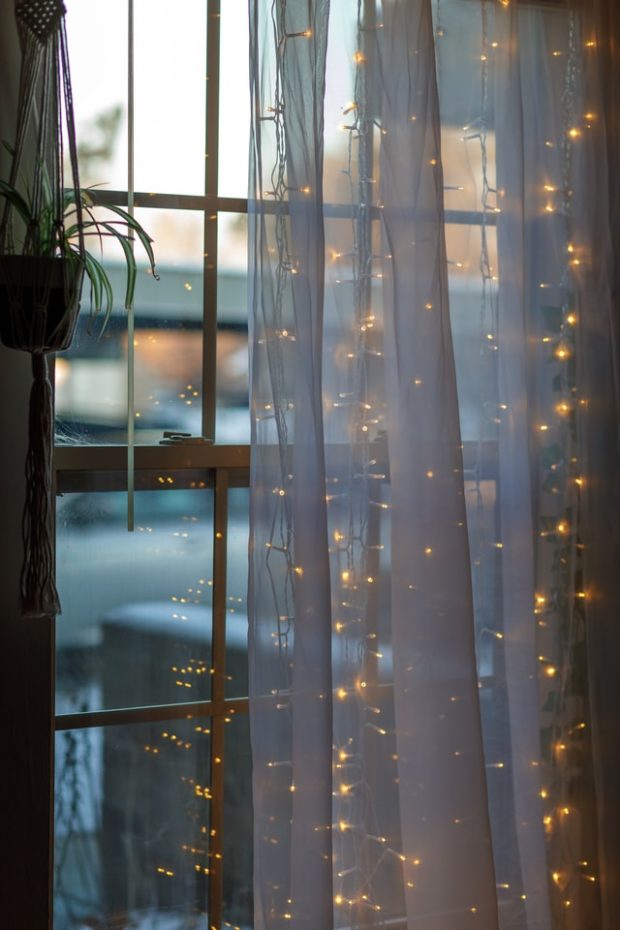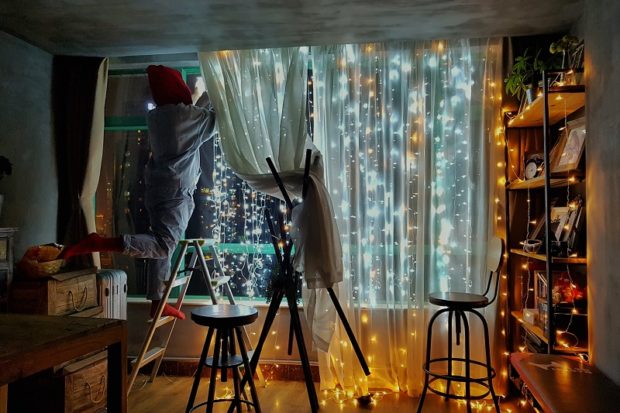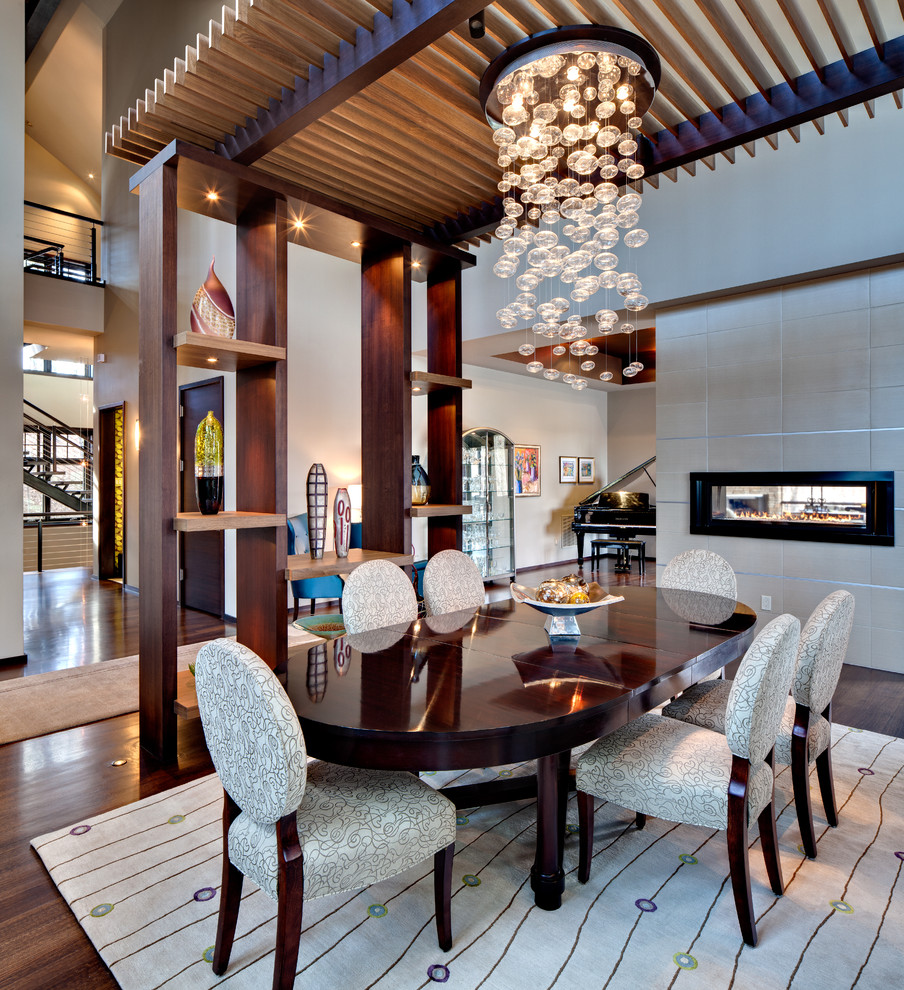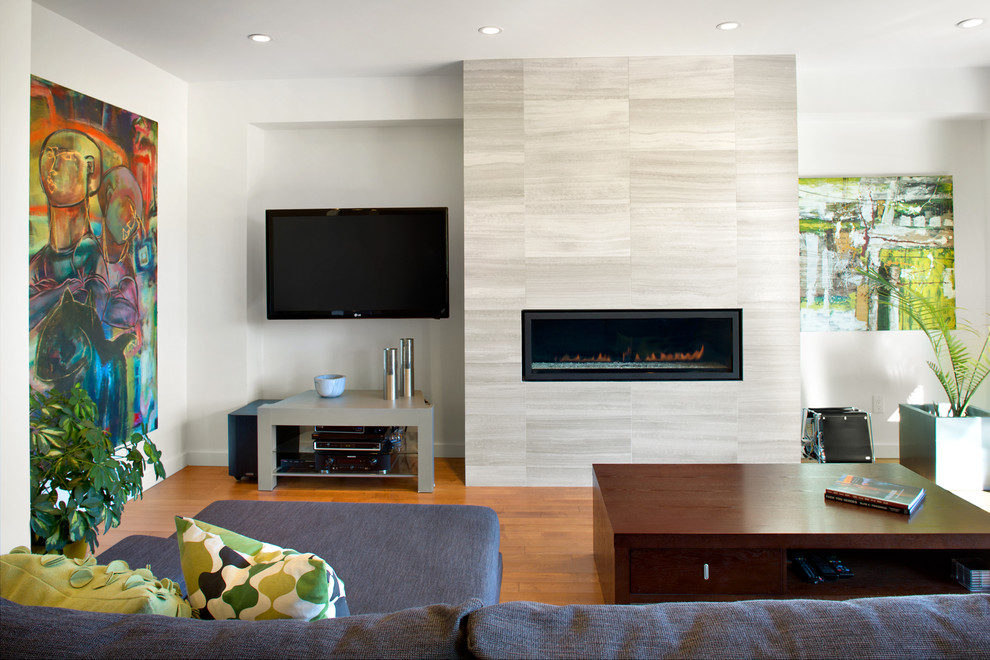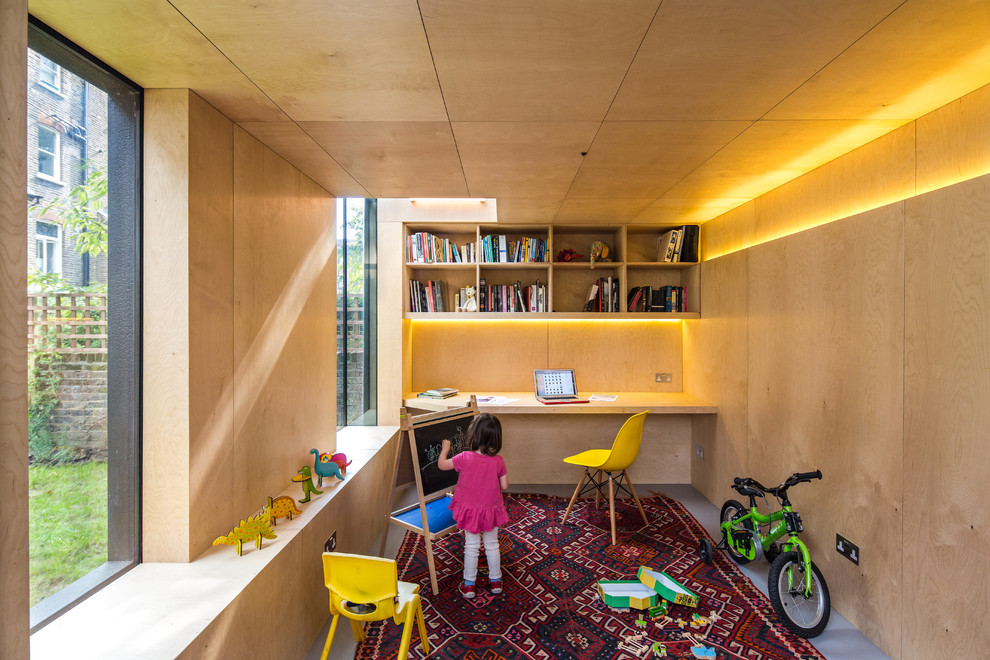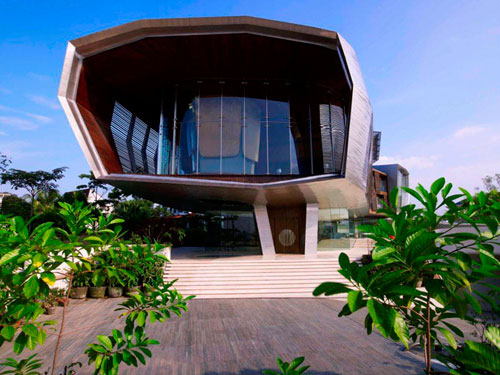The lighting of any space defines the atmosphere that is created. Even in your home, it is one of the most essential components that decide the ambiance of the space. Bright lights help keep you fresh and awake while dimmer lights provide a more soothing environment. Subsequently, manipulating your home’s lighting setup can completely transform the aura and mood in your house. Here are some tips as to how you can create the atmosphere you want in your home by modifying the lighting.
1. Create A Lighting Plan
Whether you’re redoing the lighting of a room or simply starting from scratch, it’s a good idea to first create a lighting plan that covers every aspect. Your plan should cover the very basics for the lighting setup of your room. For each room, you need to consider the activities that need to take place in that particular room or space and choose the lights accordingly. For example, your bedroom should have a comfortable lighting setup, and shouldn’t consist of harsh overhead lights. You also need to consider the architectural features of a room that you want to define. Make sure that you consider the style, scale, intensity, and color temperature of the lights you select.
Keeping these factors in mind, you’ll be able to come up with a rough sketch of how you want to design your lighting. Early planning will make sure there’s no clash between the lights you set up and the room’s color scheme.
2. Layering Lights
You should consider a multilayer lighting approach to make the most of every inch of your room and give it more ambiance. You can use different types and styles of lights to give the room a more aesthetic aura. Whether you choose to combine these different light sources from a single point, like the ceiling, or from different places in the room like the walls, stairs, and even the floor, make sure that the light illuminates every part of the room well. Though, when you use a combination of lights, the illumination is much more enhanced. By using suspended luminaires in the form of a cluster, even a large room will look cozy. Similarly, if you want to make your room look taller, you can use a combination of spotlights.
3. Ensure the Lighting Is Practical
The functionality of your home’s lighting should be your first priority, aesthetics come second. Make sure whatever combination you choose is practical, keeping in mind the requirements of each room.
Your kitchen should be the brightest place in your home since cooking requires bright illumination. To achieve the best kitchen lighting, you can combine bright downlights, accent, and recess lighting, which works best above stovetops. Sunlight is also a great source of natural illumination and should be present in your home in a sufficient amount. You can make use of window shutters to control the amount of sunlight entering your rooms. You’ll easily be able to dim the lights according to your mood and weather changes. To ease your reading habits, directional lighting can be installed in your study rooms. Another great idea for practical lighting is using dimmers in your bedrooms so that you can easily change the atmosphere and warmth of your rooms.
4. Choose Carefully
When choosing the LED lights or bulbs for your lighting fixtures and lamps, you need to pay more attention to the energy efficiency and color temperatures. The color temperature of the bulbs will decide the basic atmosphere created. A low light color temperature will give a more warm look, whereas a higher light temperature will provide a cool, sky-like illumination. Warm color temperature is considered the best option for indoor home lighting. The second thing you will need to consider is the energy efficiency of the bulbs. Be mindful that LED lighting is much more energy-efficient than incandescent bulbs and is majorly considered the better alternative.
5. Utilize Accent Or Spotlights
If you want to create the effect of having a large space, you can accentuate certain spots to make your rooms look bigger. By accentuating mirrors on the wall, your room will not only look bigger but also get a sophisticated aesthetic. You can also highlight certain architectural elements or fancy furniture by using wall-mounted accent lights.
6. Be Consistent
Make sure you keep the theme, color scheme, and lighting of your home well-suited with each other. Your lighting should be consistent, huge variations in light intensity or style shouldn’t be seen in every other room of your home. Although neutral and dark combinations are suggested, make sure the difference doesn’t cause uneasiness.
Your home’s lighting is as important as any other essential. In addition to providing the necessary illumination for your day-to-day tasks, it also defines the type of atmosphere created in your home. By using a combination of accent lighting, spotlights, and other fixtures, you’ll be able to achieve that cozy, aesthetic, and warm ambiance you desire.

